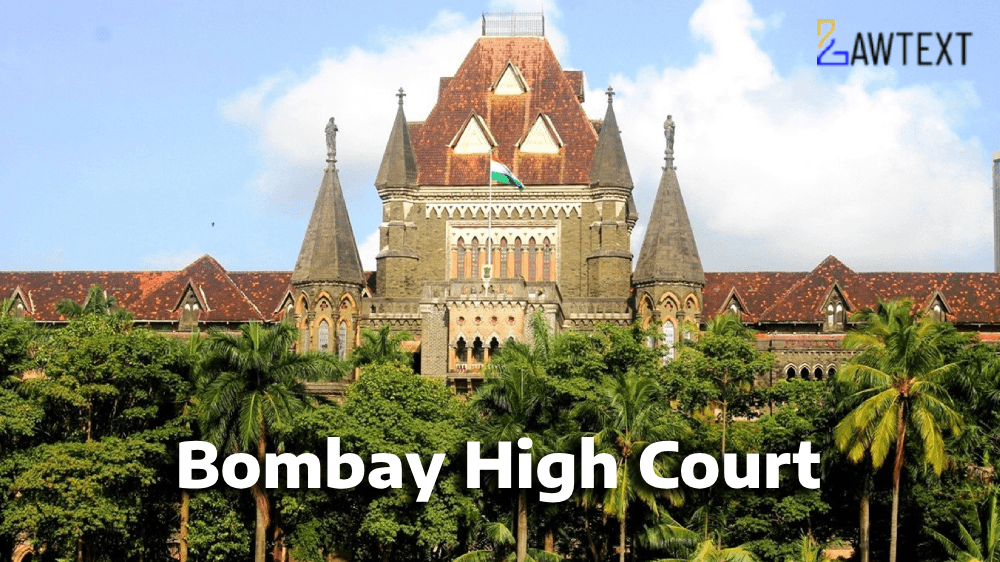CASE NOTE & SUMMARY
The Bombay High Court ruled that despite the imposition of a penalty of compulsory retirement and forfeiture of past service, the petitioner is entitled to pension and gratuity under Rule 40 of the CCS (Pension) Rules, 1972. The petitioner had faced disciplinary proceedings for unauthorized absenteeism, leading to a forfeiture of his past service. The court found that denying the petitioner pension benefits after 16 years of service would be unjust, particularly considering that the forfeiture related only to a specific period of unauthorized absence.
Crux:
-
Petitioner's Service Record:
- The petitioner, Shri Shivdas Vithu Pednekar, was employed as a peon in the Goa Secretariat since 1996 and promoted to higher posts over time.
- He remained absent from duty starting May 2012, which led to disciplinary action and eventual compulsory retirement in October 2019.
-
Disciplinary Action and Forfeiture:
- A Memorandum issued in 2012 treated his absence as a break in service, resulting in forfeiture of his past service from 1996 to 2012 under Rule 27 of the CCS (Pension) Rules.
- Disciplinary proceedings found the petitioner guilty of violating the Central Civil Services (Conduct) Rules by failing to report for duty.
-
Court's Evaluation of Absenteeism:
- The petitioner justified his absence, claiming threats from a government minister and seeking police protection, though this was not accepted as valid by the inquiry officer.
- The court noted that the penalty of compulsory retirement was not challenged, but highlighted that the extended disciplinary proceedings had spanned seven years.
-
Court’s Interpretation of Rule 40 (Compulsory Retirement Pension):
- Under Rule 40, a government employee compulsorily retired may still be entitled to pension at a reduced rate, unless the entire past service is forfeited.
- The court ruled that while the petitioner's past service from 1996-2012 was forfeited, he had served for over 16 years and the failure to commute his absence could not justify complete denial of pensionary benefits.
Para-wise Main Facts with Headings:
1. Introduction and Relief Sought (Para 1):
- The petitioner challenges a Memorandum that denied him pensionary benefits after being compulsorily retired and seeks relief under Rule 40 of the CCS (Pension) Rules, 1972.
2. Petitioner's Service Background (Paras 2-3):
- Details the petitioner's career progression, his unauthorized absence from May 2012, and subsequent initiation of disciplinary proceedings.
3. Charges Against the Petitioner (Para 4):
- Outlines the charges of absenteeism without leave, failure to report for duty, and violation of CCS (Conduct) Rules, leading to the forfeiture of his service.
4. Petitioner's Defense (Paras 5-6):
- The petitioner claimed that his absence was due to threats from a minister and sought police protection, though this defense was rejected by the inquiry authority.
5. Respondents’ Arguments (Para 7):
- The State contends that the forfeiture of past service justifies denial of pension, citing legal precedents supporting the consequences of unauthorized absence.
6. Legal Discussion on Forfeiture and Pension (Paras 10-16):
- The court discusses Rule 27 (Effect of Interruption in Service) and Rule 40 (Compulsory Retirement Pension), weighing the petitioner's right to pension after forfeiture.
7. Judgment on Pension Entitlement (Paras 17-21):
- The court rules in favor of granting the petitioner pension and gratuity, recognizing his long service and the undue hardship of denying him benefits entirely.
8. Conclusion and Relief (Para 22):
- The petition is disposed of with the court ordering the payment of pension and arrears to the petitioner within three months.
Acts and Sections Discussed:
-
Article 226 of the Indian Constitution:
- Invoked by the petitioner to challenge the denial of pensionary benefits.
-
CCS (Pension) Rules, 1972:
- Rule 27 (Effect of Interruption in Service): Discusses forfeiture of past service due to unauthorized absence.
- Rule 40 (Compulsory Retirement Pension): Provides for a reduced pension for employees compulsorily retired.
-
CCS (Conduct) Rules, 1964:
- Rule 3(1): Governs the conduct of government servants, including maintaining integrity and devotion to duty.
-
CCS (CCA) Rules, 1965:
- Rule 14: Pertains to disciplinary proceedings initiated against government servants.
Ratio Decidendi:
The court emphasized that while the petitioner's past service from 1996 to 2012 was forfeited due to unauthorized absence, the forfeiture should not result in a total denial of pension after 16 years of service. The court invoked Rule 40 of the CCS (Pension) Rules to grant him a reduced pension, balancing the penalty imposed with the petitioner's long-standing service to the state.
Subject Tags:
Pension Denial, Compulsory Retirement, CCS Rules, Unauthorized Absence, Disciplinary Proceedings, Bombay High Court Judgment, Government Employee Rights.
Citation: 2024 LawText (BOM) (9) 120
Case Number: WRIT PETITION NO. 337 OF 2024
Date of Decision: 2024-09-12
Case Title: Shri Shivdas Vithu Pednekar
Before Judge: M. S. KARNIK & VALMIKI MENEZES, JJ.
Advocate(s): Ms Apeksha Kalokhe, Advocate for the petitioner. Mr Shubham Priolkar, Additional Government Advocate for the Respondents.
Appellant: Shri Shivdas Vithu Pednekar
Respondent: State of Goa & Anr.

